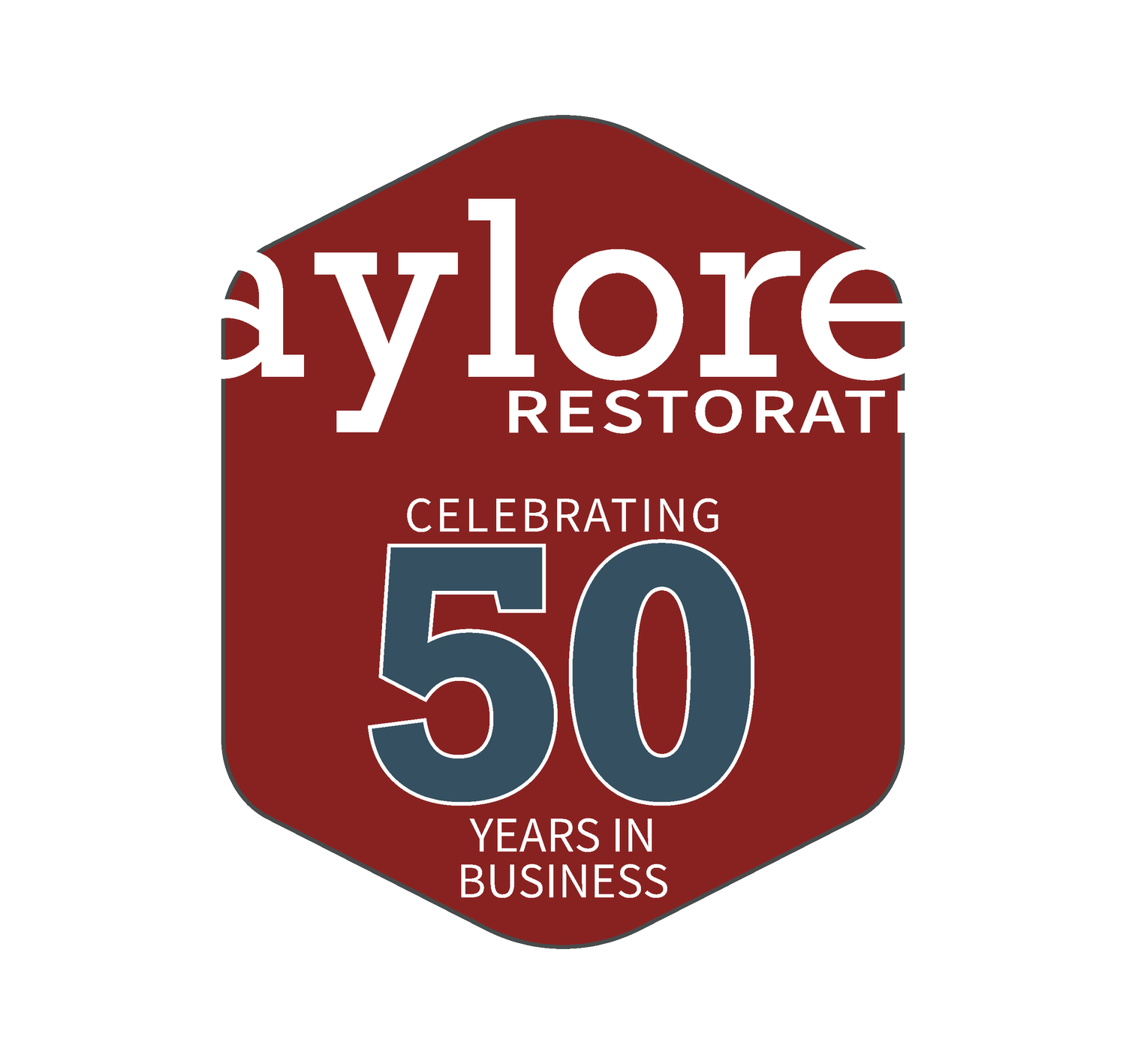The Importance of Regular Home Inspections: Spotting Problems Before They Become Disasters
Owning a home is one of the most significant investments many of us will make in our lifetimes. To protect this investment, regular maintenance and care are crucial. Regular home inspections are one of the best ways to ensure your home remains in top condition. These inspections can help identify potential problems before they become major, costly disasters. As a home restoration company based in Anchorage, Alaska, Taylored Restoration has seen firsthand the difference that regular home inspections can make in preserving the integrity of your property.
Understanding the Benefits of Regular Home Inspections
Regular home inspections are an essential part of homeownership. They offer numerous benefits that can save you time, money, and stress in the long run. By identifying minor issues early, you can address them before they escalate into significant problems that require extensive repairs. Inspections also help you maintain the safety and comfort of your home, ensuring that all systems function correctly and that there are no hidden hazards.
For instance, consider the importance of catching a small roof leak early. Left unchecked, this minor issue can lead to extensive water damage, mold growth, and even structural damage. By conducting regular inspections, you can identify such leaks early and address them before they cause severe damage.
Common Areas to Inspect
To ensure your home remains in excellent condition, it's essential to focus on several key areas during inspections. Each of these areas plays a critical role in the overall health and safety of your home.
Roof and Gutters: Your roof is your home's first line of defense against the elements. Regularly inspect it for missing, damaged, or curling shingles, as well as signs of wear and tear. Check the gutters for blockages, as clogged gutters can lead to water damage and foundation issues.
Foundation and Exterior Walls: Examine the foundation for cracks, settling, or other signs of damage. Inspect exterior walls for any signs of water damage, cracks, or pests. Pay special attention to areas where the siding meets the foundation, as these are common entry points for moisture.
Windows and Doors: Ensure all windows and doors are sealed and functioning correctly. Look for gaps, cracks, or damage to the frames and check for drafts. Properly sealed windows and doors can improve energy efficiency and prevent water intrusion.
Plumbing System: Inspect your plumbing system for leaks, corrosion, and signs of water damage. Check under sinks, around toilets, and near water heaters for any issues. Addressing plumbing problems early can prevent significant water damage and mold growth.
Electrical System: Regularly check your electrical system for frayed wires, outdated components, and overloaded circuits. Ensure that all outlets and switches are functioning correctly. Electrical issues can pose serious fire hazards, so addressing them promptly is crucial.
HVAC System: Your heating, ventilation, and air conditioning (HVAC) system plays a vital role in maintaining your home's comfort. Schedule regular maintenance and inspections to ensure it's functioning efficiently and safely. Replace filters regularly and check for any signs of wear or damage.
Attic and Basement: Inspect your attic and basement for signs of water damage, mold, pests, and insulation issues. These areas are often overlooked but can harbor significant problems if not regularly checked.
Tips for Hiring Professional Inspectors
While homeowners can perform many aspects of home inspections, hiring a professional inspector offers several advantages. Professional inspectors have the training, experience, and tools necessary to conduct thorough inspections and identify issues that the untrained eye may miss.
When hiring a professional inspector, consider the following tips:
Check Credentials: Ensure the inspector is licensed and certified by a reputable organization, such as the American Society of Home Inspectors (ASHI) or the International Association of Certified Home Inspectors (InterNACHI).
Experience Matters: Look for an inspector with extensive experience in the field. Experienced inspectors are more likely to identify potential issues and provide valuable insights.
Request Sample Reports: Ask for sample inspection reports to get a sense of the inspector's thoroughness and attention to detail. A good report should be clear, comprehensive, and easy to understand.
Read Reviews: Check online reviews and testimonials to gauge the inspector's reputation and the satisfaction of previous clients. Positive reviews and recommendations can provide confidence in your choice.
Ask Questions: Don't hesitate to ask questions about the inspection process, what will be covered, and any specific concerns you may have. A knowledgeable and communicative inspector is a valuable resource.
Practical Steps for Homeowners
In addition to hiring professional inspectors, there are several practical steps homeowners can take to maintain their property and prevent potential issues:
Regular Self-Inspections: Conduct regular self-inspections of your home, paying attention to the common areas mentioned earlier. Create a checklist to ensure you cover all critical components.
Routine Maintenance: Keep up with routine maintenance tasks, such as cleaning gutters, changing HVAC filters, and sealing windows and doors. Regular maintenance can prevent minor issues from becoming major problems.
Document and Track Repairs: Keep detailed records of all repairs and maintenance activities. This documentation can be valuable when selling your home and helps you monitor the condition of various components over time.
Stay Informed: Educate yourself about common home maintenance issues and solutions. Being informed can help you identify potential problems early and take appropriate action.
Budget for Repairs: Set aside a budget for home repairs and maintenance. Having funds available for unexpected issues can reduce stress and ensure timely repairs.
Regular home inspections are a crucial aspect of responsible homeownership. By identifying and addressing issues early, you can prevent minor problems from escalating into major disasters. At Taylored Restoration, we believe in the importance of proactive maintenance and the peace of mind it brings. Whether you're conducting self-inspections or hiring professional inspectors, these steps can help you protect your investment, maintain a safe and comfortable home, and avoid costly repairs.

